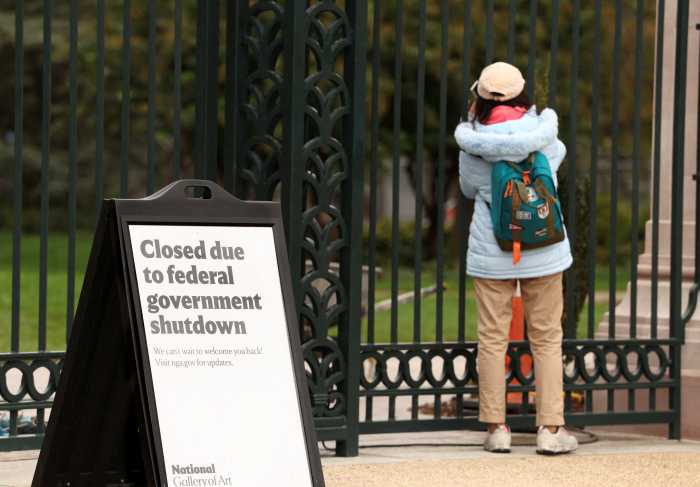Print journalism is all too often overlooked today. Once a lynchpin of society, the availability of physical media continues to decline as most people receive the majority of their news on their phones.
Metro Philadelphia still proudly provides hard-copy papers to the people of Philadelphia three days a week, in addition to maintaining a digital presence, but that is proving more and more to be the exception, not the rule. Regrettably, there has been an increase in news organizations moving to a purely digital medium. Just across the bridge, the New Jersey Star-Ledger, Times of Trenton, and South Jersey Times all announced that they would end their print publications in 2025 and go fully digital thereafter.
For those who have only ever known media through a digital source, this may seem of little consequence. For those who have felt, and even contributed to, the importance of print media, that importance is not lost.
One of Philadelphia’s many influential journalists, Ray Didinger, was honored at the beginning of the month by being inducted into the Pennsylvania Sports Hall of Fame for the impact he made in his home state as a print journalist, among other forms of media. Didinger spoke with Metro Philadelphia that evening about his journey into print media, his regret witnessing its decline and its continued importance despite the path it now finds itself on.
“I feel like I’m lucky in the sense that this is exactly what I wanted to do with my life. When I was a kid growing up, I was a huge sports fan,” Didinger said. “I grew up at Connie Mack Stadium, grew up at Franklin Field, watching these guys, watching the Bednariks, the Van Brocklins, and the Tommy McDonalds, and [I] always dreamed that somehow, whatever my life’s path was, that it would involve sports in some way. And when I got the opportunity to be a sports writer at the Philadelphia Bulletin. It opened just a wonderful door. And once I walked through it, it was 53 years of bliss.”
“When I was in college, weighing what I wanted to do, I really wanted to be a sports writer, but it just seemed like such a long shot. Those jobs are hard to get, so I’m thinking maybe I should be a teacher and a coach. I could probably do that. I remember my father saying to me, ‘You can make a living doing anything, but the really happy people in this world are the people who are doing something they love. You know what you want to do. Do that, and it’ll work out.’ And I believed it, and it all sort of fell together for me.”
When asked about the current state of print media and its importance today, Didnger had a heartfelt response.
“It hurts me to see where we are right now,” Didinger said. “I think it’s a really important thing, for people in general, for sports fans, for people to just be able to connect. I live in the city and I ride public transit all the time. And every time I ride public transit, it makes me sad, because I remember public transit when I was going to Temple, and everybody on the subway had the newspaper, and now you don’t see that. I mean, everybody’s reading something, but they’re reading [their phone], whereas they used to be [reading the paper].”
“I just think there’s something about holding a newspaper in your hand, or in the morning, just picking up a newspaper at the newsstand, that just sort of connects you to the wider world. And to see that, to see that in decline, and to see newspapers, I mean, big newspapers, prestigious newspapers, going out of business, to me, is a tremendous sense of loss.”
The preservation of print media is not about hanging on to the old ways. In a world dominated by the instant gratification of digital media, there will always be a spot for print media as it is simply a one-of-a-kind way to experience news.




























